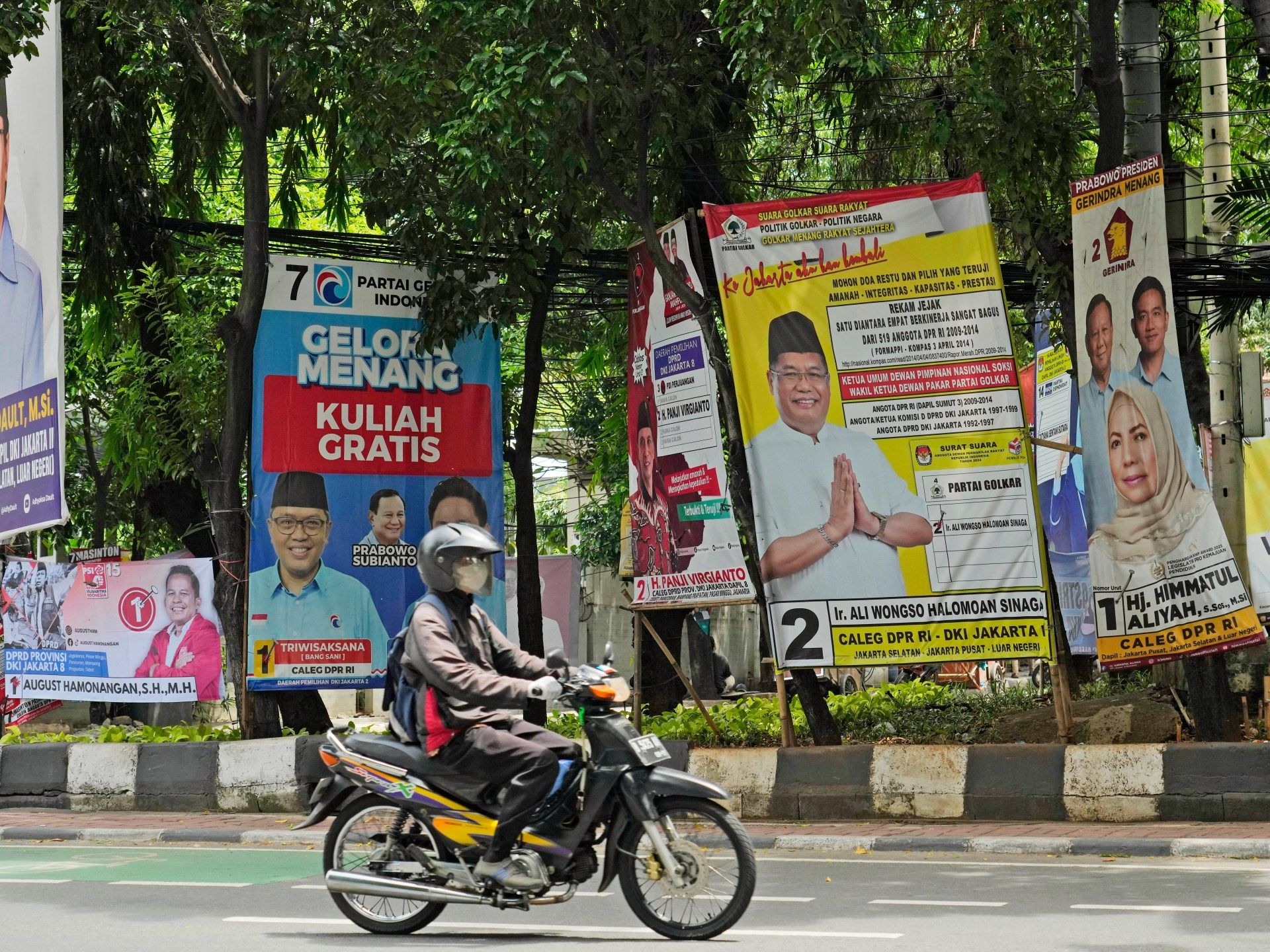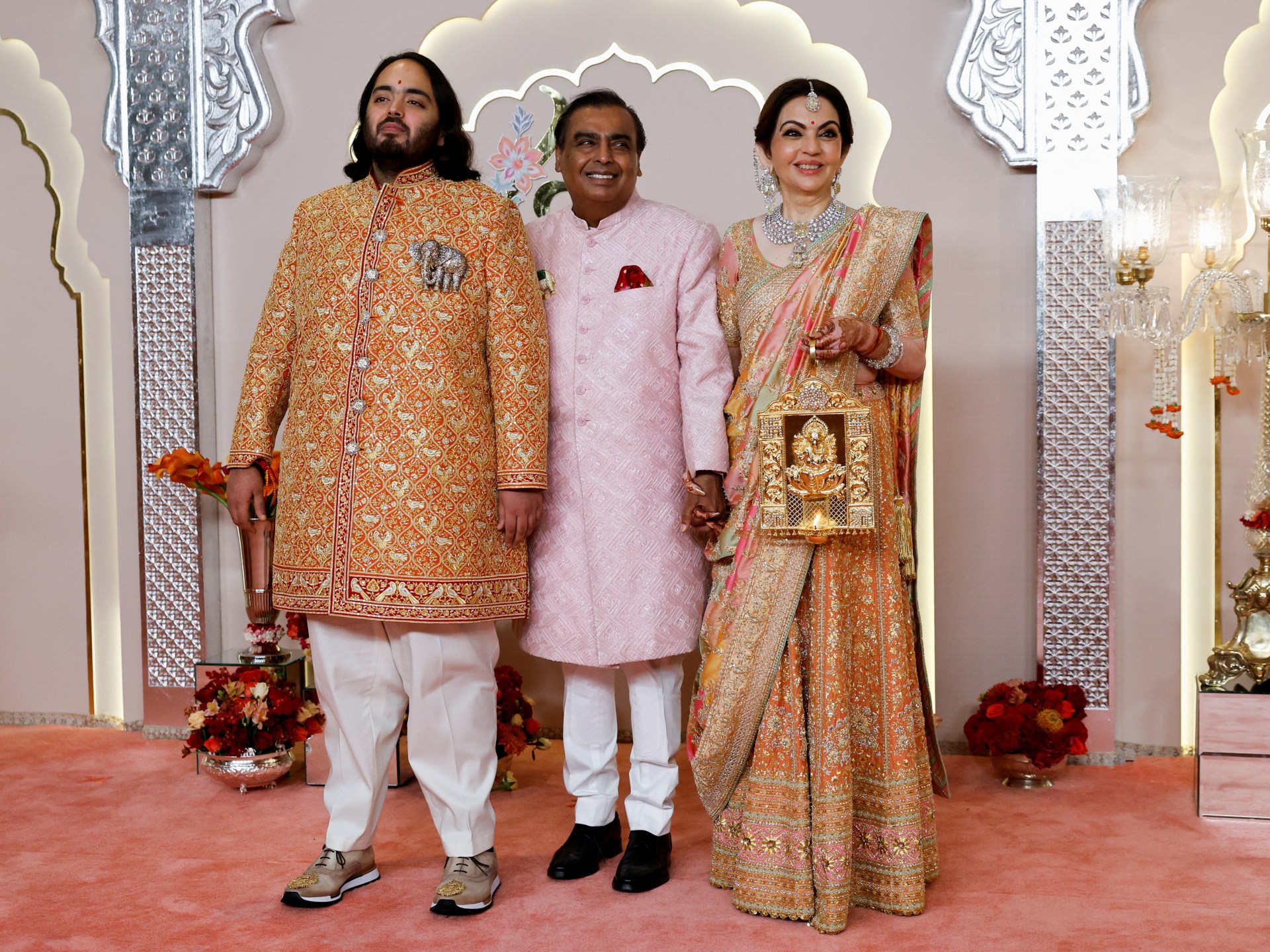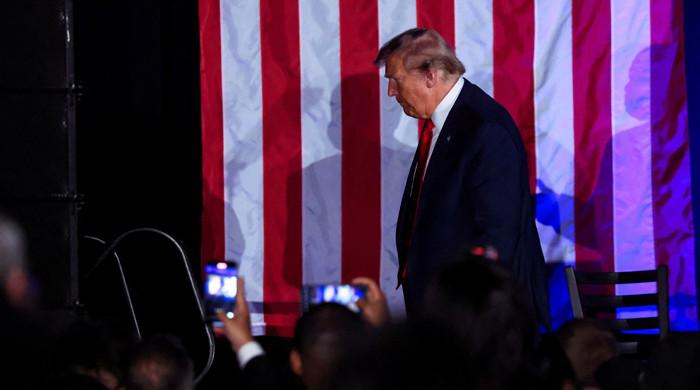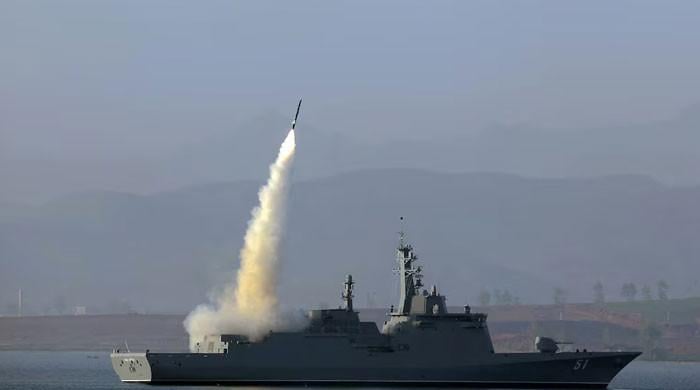Bali, Indonesia – For a few months now, Erfin Dewi Sudanto, 47, has been trying to sell his kidney.
One of thousands of candidates running in Indonesia's regional legislative council elections on February 14, he hoped to raise $20,000 to help finance his political campaign.
“This is not just a feeling. I'm serious. I am less, I have no property. The only way [to fund my campaign] is selling my kidney,” Erfin, a representative of the National Mandate Party in Banyuwangi, East Java, told Al Jazeera after his social media appeal went viral.
With the campaign set to continue for two months, the cost of running in Indonesia's elections is expected to be higher than ever this year. While political parties typically provide some logistical support and witnesses to oversee the counting, candidates must find money for everything else, from speeches to T-shirts and campaign memorabilia.
Erfin estimates he needs up to $50,000 and reveals that much of that amount will go toward providing what he describes as “tips” to secure the support of potential voters.
In other words, vote buying.
Vote buying is illegal under Indonesian law. The penalty is a maximum fine of $3,000 and three years in prison.
But the practice remains widespread.
“I personally don't want to buy the vote. [But] It is ingrained in our society. At least [a candidate] prepare between 50,000 and 100,000 rupees (between $3 and $7) for each voter [to win]”Erfin said.
He says that vote buying continues due to lack of follow-up by officials and that he has had no choice but to join in.
“No one is enforcing the law. The General Agency for Electoral Supervision (BAWASLU) seems to fall on deaf ears,” he stated. BASWALU did not respond to Al Jazeera's request for comment on the allegations.
Burhanuddin Muhtadi, prominent researcher and executive director of Indikator Politik Indonesia, told Al Jazeera that according to his research, at least a third of Indonesian voters had been offered incentives to vote, such as money or food items such as rice or cooking oil. , either “very often”, “often” or “rarely”.
During the last two elections in 2014 and 2019, Burhanuddin conducted nationwide surveys on vote buying in connection with the campaign for the national legislature.
In the 2019 elections, the number of voters affected in this way would have been equivalent to 63.5 million out of a total of 192 million voters.
“For the legislative candidate, the fee is around 20,000 to 50,000 rupees (up to $4) per vote,” he said. As a result, some candidates, particularly on densely populated islands like Java, may have to prepare up to 10 billion rupees, or about $683,000, just to buy votes.
The price is even higher in oil and gas-rich regions. A vote in those places can cost $150, according to Burhanuddin.
The figures place Indonesia third in the world in terms of monetary policy after Uganda and Benin, which is double the average monetary policy worldwide. “It's like a new normal,” Burhanuddin said in his report.
Burhan believes that part of the reason for the continued vote buying is the change in the proportional representation system from closed list to open list.
Under the closed list system, which was in place before 2008, the party determined who would get the seats it had won. With open list, candidates get seats based on the number of votes they get.
“Before the system was implemented, money in political practice was limited. But once it is applied, each candidate competes to win the personal vote. Even among them in the same party,” he stated.
'Win at any price'
Rian Ernest Tanudjaja, 36, a legislative candidate for the Golkar Party, spent $83,000 on his campaign in 2019.
“I needed the budget primarily for door-to-door canvassing, volunteer incentives, calendar printing and sample ballots,” he said.
Ernest opposes vote buying, but says the reasons it persists are not related to the voting system. “We cannot only blame the proportional system of open lists. Even if we change the system, the mentality of the candidates continues to want to win at any cost. Vote buying will continue to take place,” he stated.
He says eradicating the practice is not just about enforcing the law but also about educating voters.
“People should not vote for a candidate who gives [money] basic food, because this person will only focus on recovering the money through corruption [once he is elected],” he said.
Habiburokhman, vice president of the Greater Indonesia Movement Party (Gerindra), said in December that the cost of this year's campaign could reach up to $1.5 million in some seats. Most of the money will go toward campaign paraphernalia and souvenirs to “keep and rally” voters, Kompas, Indonesia's most respected newspaper, reported.
The same month, Indonesia's anti-corruption agency said it was investigating reports by the Indonesian Financial Transactions Reporting and Analysis Center (INTRACT) about dubious transactions worth more than $63 million allegedly coming from illegal mining and gambling activities. chance before the 2024 elections.
Last month, it said it was investigating suspicious transactions involving about 100 legislative candidates.
Given the high cost of the campaign, some have tried crowdfunding, but it's an uphill battle.
Manik Marganamahendra, a legislative candidate for the Perindo Party in Jakarta, has raised $12,700 through crowdfunding. “I invited my old high school classmate on campus and a colleague in office to an event, where I presented my campaign to them. [budget plan] and finally they donated,” said the former head of the University of Indonesia student executive board, who once called parliament a “Council of Traitors.” He has used the money mainly to print banners.
During the election campaign, Manik talks openly about monetary policy. While some voters knew it was wrong, most asked for the “tip.”
“For them, elections are just a drive to make money,” he said.
Adiguna Daniel Jerash, 23, a parliamentary candidate in Jakarta for the Indonesian Solidarity Party, has relied on Instagram, TikTok and other social media platforms to raise funds for his campaign.
“I was inspired by Obama, Bernie Sanders and Alexandria Ocasio Cortez,” he told Al Jazeera. “They are pioneers and proof that crowdfunding can be done.”

However, it has proven to be a challenge for Jerash. “Indonesia is not yet ready to crowdfund a politician,” he said. After weeks of campaigning on Instagram, he said he had only raised $1,000.
The first-time politician is not giving up and is also using his social media platforms to campaign against vote buying. “I educated my voters about monetary policy and told them that candidates should not use a tip. [to buy votes],” he said. Part of his audience supports his idea. “But Indonesian netizens were mostly upset with this,” he said.
In the last week before the election, Erfin had not found a buyer for his kidney. Under Indonesian law, selling organs is illegal and punishable by up to 10 years in prison.
In the fight for votes, he fears his lack of cash has left him at a disadvantage.
“Usually, vote buying begins the last week before voting day. The candidate will massively distribute the money to gather voters,” she stated.












